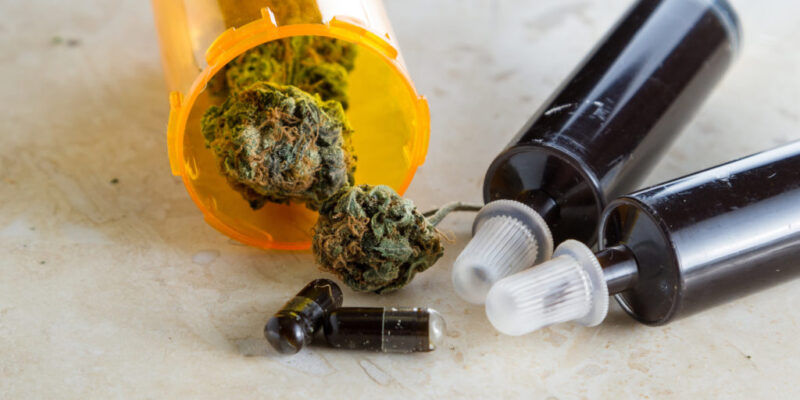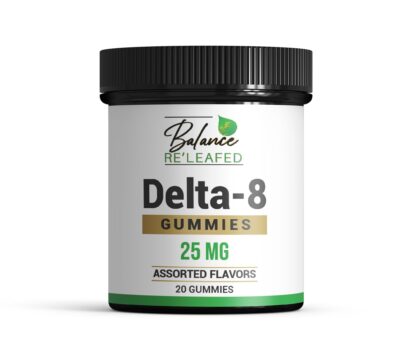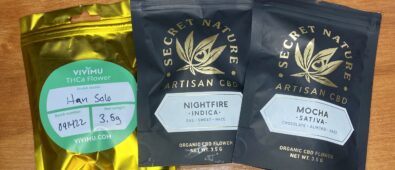In the ever-expanding universe of CBD products, one particular item has gained considerable attention: CBD flower. Known for its versatility and natural appeal, CBD flower has found its way into the hands of many enthusiasts seeking alternative wellness solutions. However, with its rising popularity comes many legal considerations that consumers and businesses must navigate. This article delves into the legal landscape surrounding CBD flowers, shedding light on the intricacies and regulations governing their production, sale, and consumption. Companies like ExhaleWellness are at the forefront of providing high-quality CBD flower while adhering to legal standards, ensuring that consumers can enjoy their benefits with confidence.
Understanding the Legal Framework
Before delving into the specifics, grasping the broader legal framework governing CBD products is crucial. In the United States, the legality of CBD is a complex tapestry influenced by federal and state laws. At the federal level, CBD derived from hemp containing less than 0.3% THC (the psychoactive component of cannabis) is legal under the 2018 Farm Bill. However, individual states have varying regulations, adding complexity to the legal landscape.
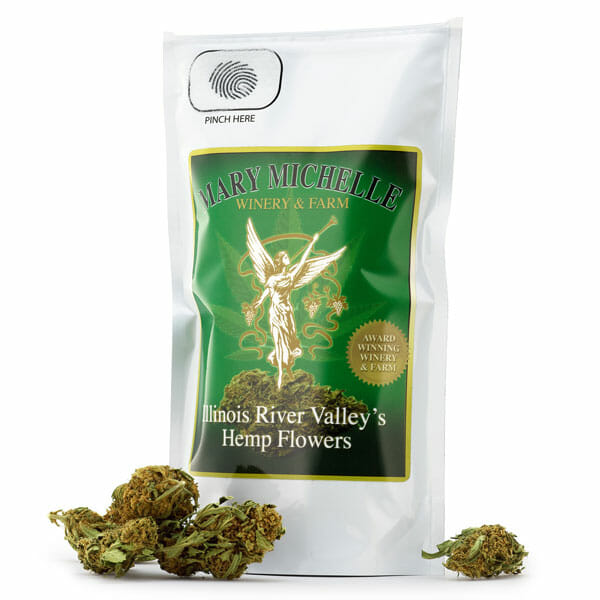
Federal vs. State Laws: The DilemmaWhile federal law provides a semblance of legality for CBD products, including CBD flower, states can enact their own regulations. This creates a patchwork of laws that businesses and consumers must navigate, with some states imposing stricter restrictions or outright bans on certain CBD products. Therefore, stakeholders must stay informed about the laws specific to their jurisdiction.
Quality Control and Regulation
In the absence of comprehensive federal oversight, ensuring the quality and safety of CBD flower falls largely on the shoulders of individual states. Some states have implemented rigorous testing and labeling requirements to safeguard consumers against contaminants and mislabeled products. Additionally, reputable manufacturers often voluntarily adhere to industry standards and best practices to maintain product integrity.
Navigating Compliance Challenges
Compliance with ever-changing regulations presents a significant challenge for businesses operating in the CBD industry. From cultivation and extraction to distribution and retail, each stage of the supply chain is subject to scrutiny and regulation. Failure to comply with relevant laws can result in legal consequences, including fines, product seizures, and even criminal charges. As such, diligent compliance measures are essential for navigating the complex regulatory landscape.
The Role of Consumer Education
Amidst the legal intricacies surrounding CBD flower, consumer education emerges as a vital component. By arming themselves with knowledge about relevant laws and regulations, consumers can make informed decisions and advocate for responsible industry practices. Additionally, transparency and communication from manufacturers and retailers help build trust and confidence in the quality and legality of CBD products.
The Road Ahead
As the CBD industry continues to evolve, so too will the legal considerations surrounding CBD flower. While federal legalization of cannabis remains a topic of debate, states will continue to play a pivotal role in shaping the regulatory landscape. As such, stakeholders must remain vigilant, adaptable, and informed to navigate the ever-changing legal maze.
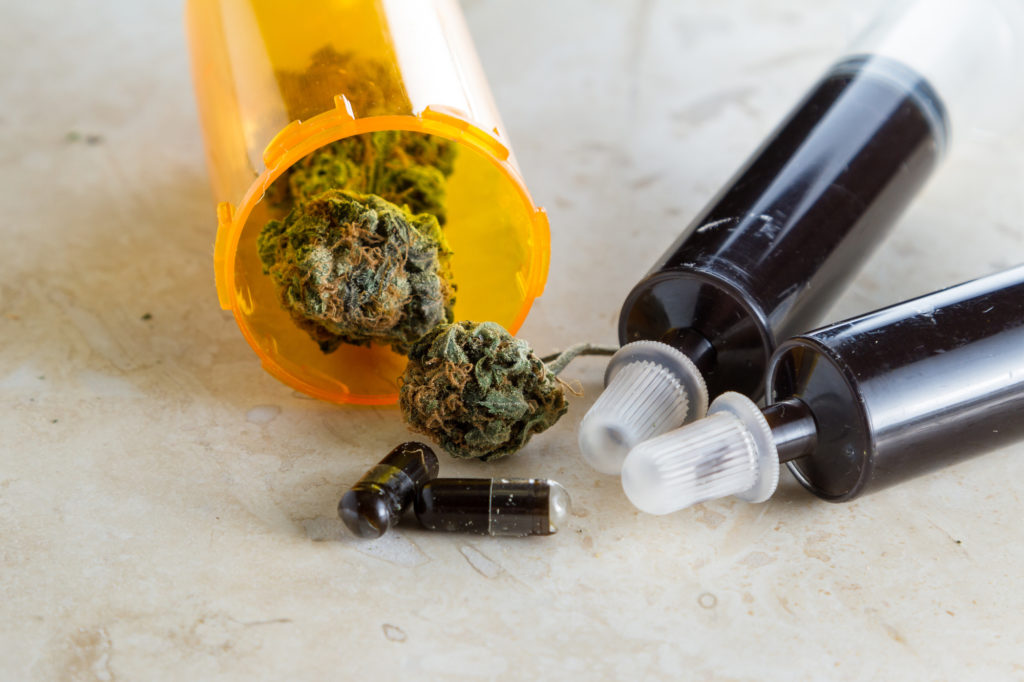
Conclusion
CBD flower stands out for its natural appeal and therapeutic potential in the realm of CBD products. However, its legality is subject to a complex web of federal and state regulations. By understanding and adhering to relevant laws, businesses can ensure compliance and consumer trust, fostering a sustainable and responsible CBD industry.

